We caught up with the brilliant and insightful Katusha Jin a few weeks ago and have shared our conversation below.
Alright, Katusha thanks for taking the time to share your stories and insights with us today. Can you talk to us about a project that’s meant a lot to you?
Every project I have worked on has been meaningful to me in its own way. They differ in medium, genre, and in the people I get to work with, but I always try to reflect on what I have learnt from the process, and what its impact will be in the long term.
Rather than picking a single most meaningful project, I’d like to share about one of the recent projects I have worked on and why it’s meaningful to me. Towards the end of 2023, I co-directed a short film with fellow filmmaker Kadi Tsang. The film is titled Bruce Bruce and is about an Asian female immigrant who struggles to find her identity after her husband passes away. The piece looks at the nuances of her emotions and behaviors as she fails to connect with her daughter and the society around her. Ultimately, she is faced with a decision of whether to continue staying in the United States, or to move back to Hong Kong.
Kadi and I are both immigrants and women of Asian heritage. We met during our first week of classes in college and have been working together ever since. Perhaps due to our multilingual and multicultural backgrounds, we’d often think about one particular question: what is home? What does the word “home” mean? Is it a place, or culture, or is it family and the people? After graduating, the question we were faced with was whether we should stay and build our home in this new place, or if we should move back to the country we grew up in. This film is meaningful to me because it is our way of sharing the questions and experiences that many immigrants face with a wider audience. By focusing on an Asian woman, we’re also sharing the experiences that are more specific to our culture and gender. Under the weight of these stressful decisions and responsibilities, our main character hides away in her house, forgetting that she is more than a mother, and is allowed to experience life and have interests of her own.
Another element of this project that I am very proud of, is how international our set was. To create this half cantonese and half english film, we reached out to talent that may have had similar experiences and questions about identity, home, and life as an immigrant. As a result, we pulled together a crew of mostly immigrants and ran a multilingual set where you could hear English, Mandarin, and Cantonese. It turned out to be a very diverse, but also a very smooth collaboration.
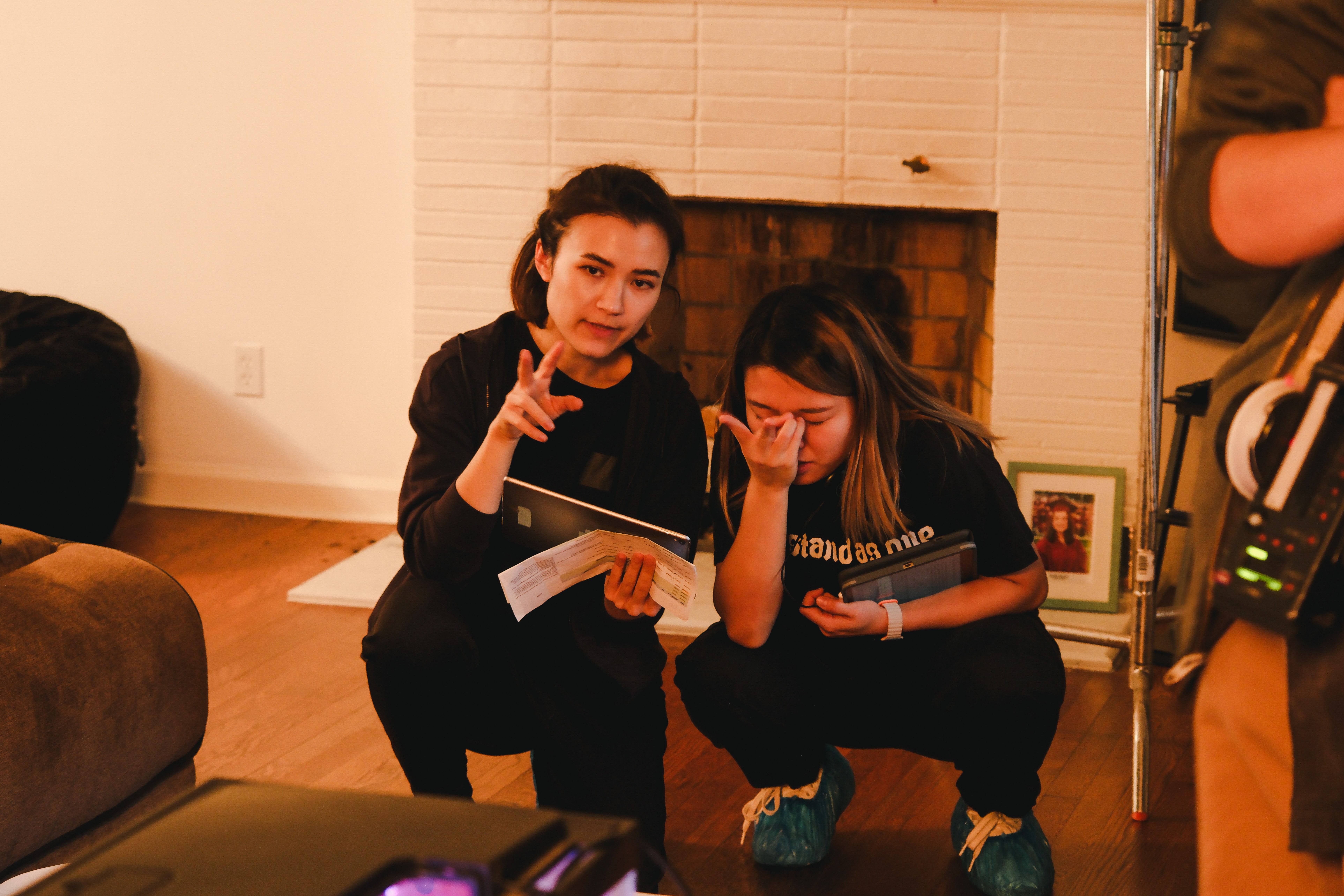
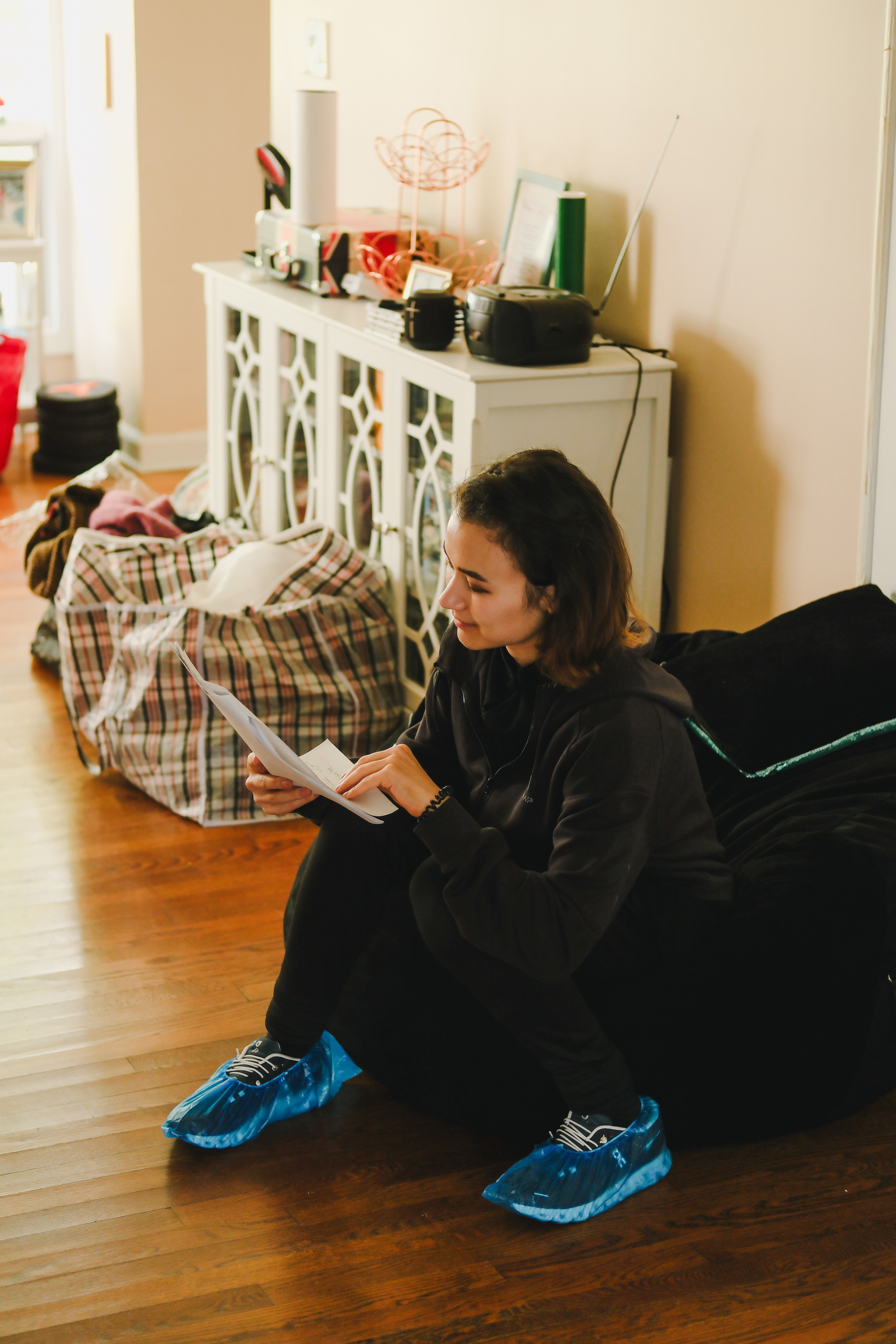
Great, appreciate you sharing that with us. Before we ask you to share more of your insights, can you take a moment to introduce yourself and how you got to where you are today to our readers.
I came to the U.S. to study film and television at Tisch School of the Arts in New York. Unlike the majority of my peers there who had dreamed of being a director and writer since they were children, I barely knew what the terms director or producer meant when I first started my studies. My journey in film began when I took a theater class in my final two years of secondary school. During those two years our teachers, Hannah Proops and Christopher Hope, introduced me to the film “Eternal Sunshine of the Spotless Mind,” which was the first time I looked at film in a different light–not just as a form of entertainment, but as a form of art. They also took our class to see “Lovesong,” a piece of theater that made me yearn to be part of something that could move people the way this moved me. I made my directorial debut at the end of the program and realized how much I loved working with actors and telling stories through creative collaborations.
My upbringing was very culturally diverse and multilingual. I grew up in the UK to immigrant parents from China and Russia. I have been lucky enough to experience living, studying, and working in many countries and cities. This has cultivated my love and appreciation of how cultures differ in their communications, values, artistic expressions, and day-to-day-lives. I enjoy observing little details such as what type of tea one culture may habitually drink, and why they choose it over the others. My journey thus far has led me to better understand the importance of mental health, and it has made me focus on building bridges of understanding between different cultures through my work and the way I work.
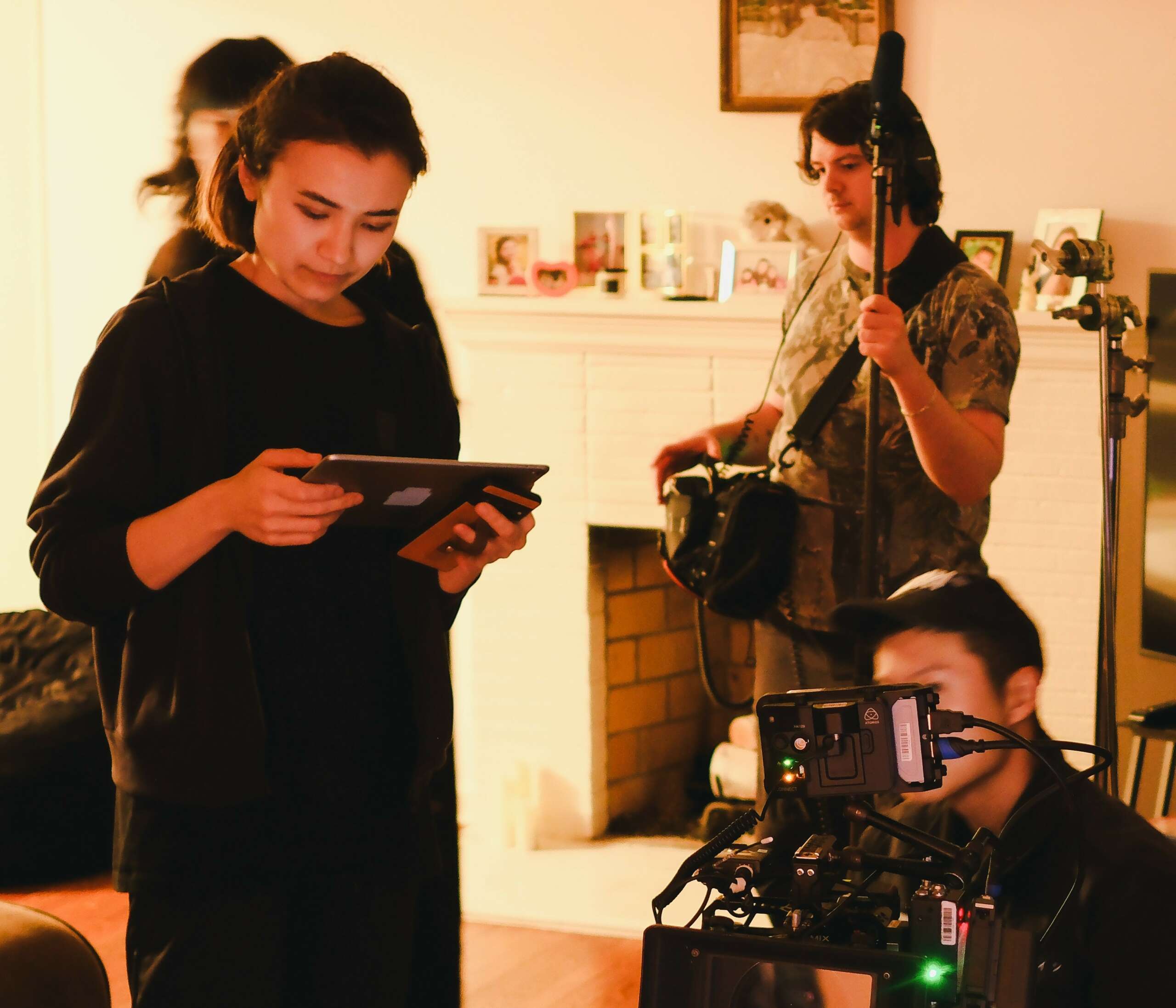
Learning and unlearning are both critical parts of growth – can you share a story of a time when you had to unlearn a lesson?
Starting a Youtube channel has been a wonderful learning experience. I created a channel @Katopedia a few years ago when I began to feel my creativity run dry and work was somewhat monotonous. I craved to have some form of creative outlet, and making Youtube videos was my way of having a creative output where I had full creative control. It has now become a way for me to document parts of my life and share it with people around the world. Delving into something new and making mistakes in front of a public audience has been and still is very humbling, but it serves as a constant reminder that mistakes are all part of the journey. It also taught me that seeking perfection can be detrimental to progress.
At school we’re guided to think that in order to score better, we need to follow a set of rules to a T and the closer we follow them, the better we will score. A perfect 100% exists in school, but it doesn’t exist in life. It isn’t needed in real life. In fact, aiming for it can be a hindrance to progress. Although it seems obvious, one of my first realizations after finishing school was that there are no mark schemes outside of a school system. Since everything is based on someone’s opinion, and opinions are subjective, aiming for perfection is pointless. I have learnt a lot from the philosophy behind the term “Wabi-Sabi” – a belief that beauty, character, and inner life is revealed in natural imperfections. Instead of aiming to tick all the boxes and create something arbitrarily “perfect,” I try to take a wabi-sabi approach to my work, journey, and life in general.
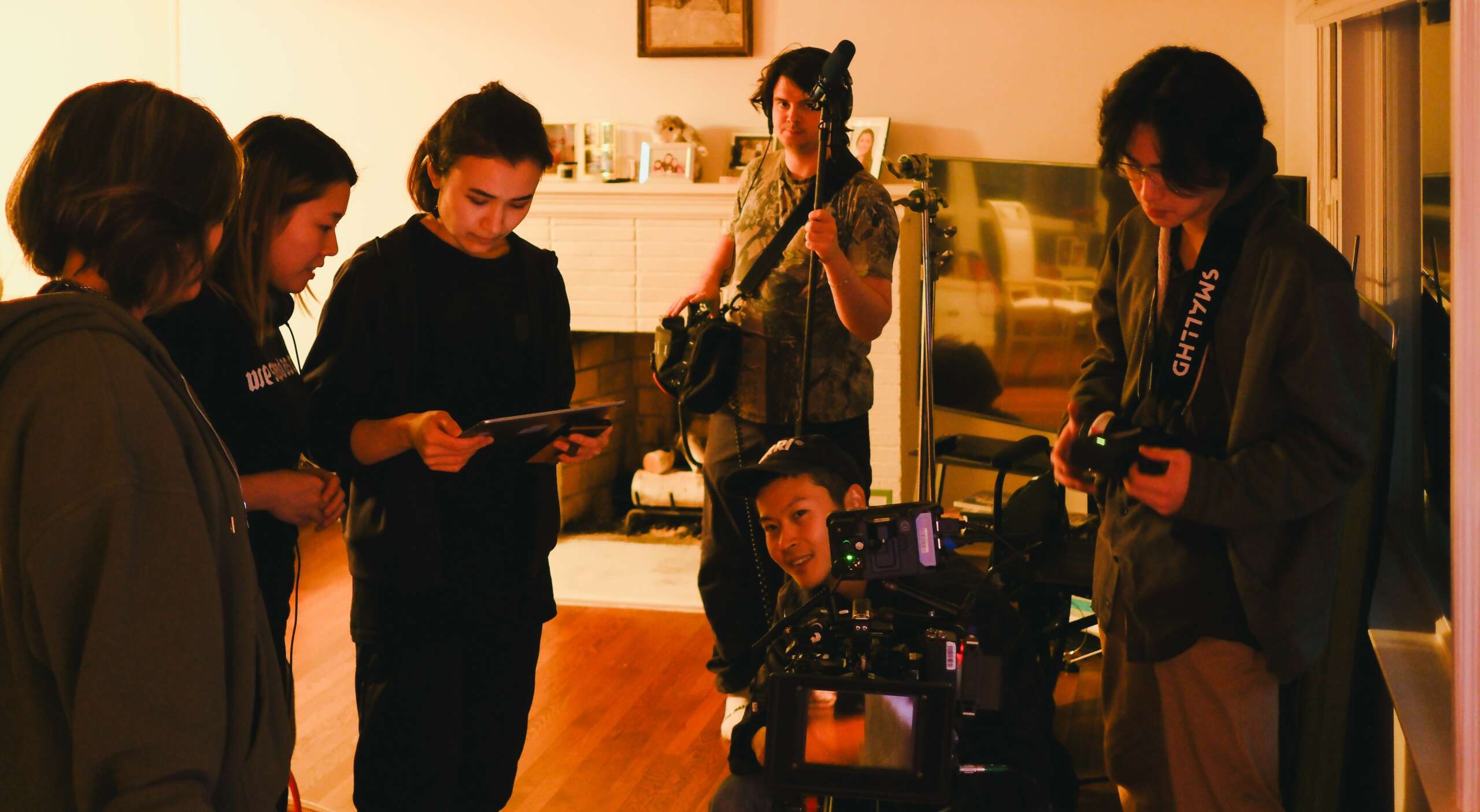
Is there something you think non-creatives will struggle to understand about your journey as a creative? Maybe you can provide some insight – you never know who might benefit from the enlightenment.
Unlike many other career paths, the creative career rarely has an existing ladder to climb up. I like to describe it as choosing to play a game that has no rulebook. It’s very entrepreneurial in that the journey is very much designed by yourself. There’s no one to force you to wake up in the morning, no manager who will fire you if you’re not producing enough work, no colleagues who have to work with you, no paid sick days or strong financial incentive (at least in the beginning) for when things get tough. Being passive in a creative industry is never an option–if you want something, you have to give 110% of yourself every time, even if there’s absolutely no guarantee of any result at all. A big part of it is a mental game. You have to learn to find and adapt your motivations based on how your life circumstances change, and they have to be strong enough to keep you going. There’s definitely a healthy dose of delusion involved.
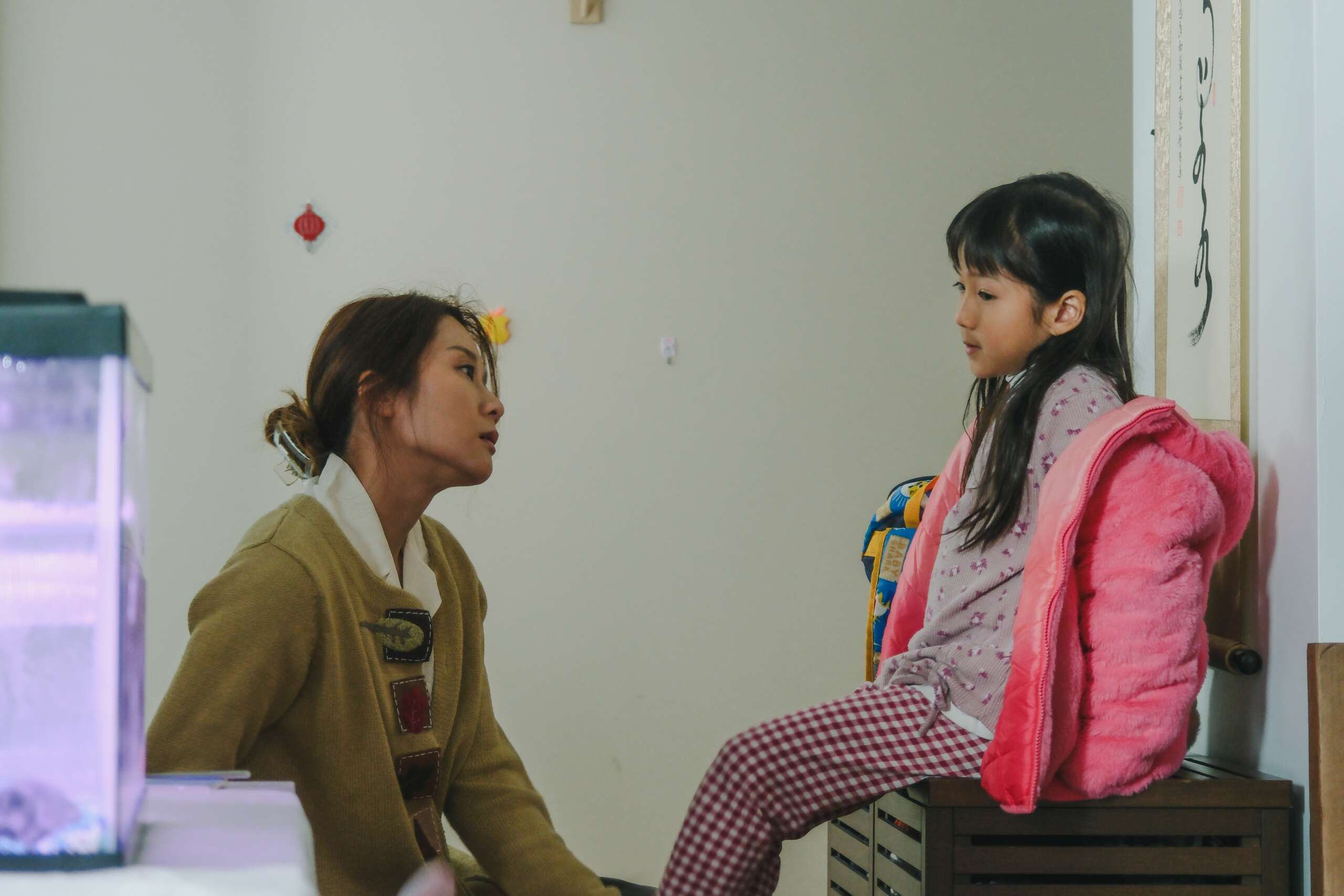
Contact Info:
- Website: www.katushajin.com
- Instagram: https://www.instagram.com/katusha.j/
- Linkedin: https://www.linkedin.com/in/katushajin/
- Youtube: https://www.youtube.com/@katopedia
- Other: https://linktr.ee/katushaj https://www.tiktok.com/@katopedia https://www.tiktok.com/@ka.ta.na
Image Credits
Kadi Tsang, Raven


